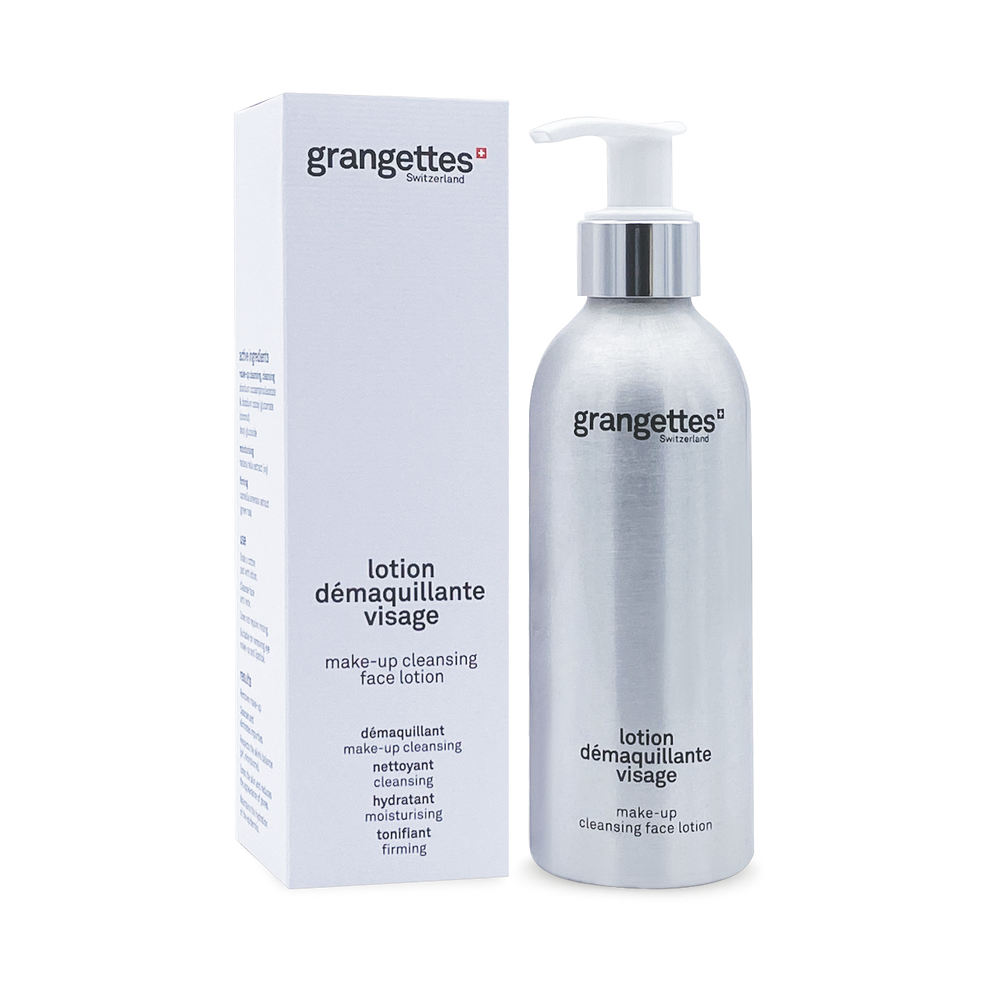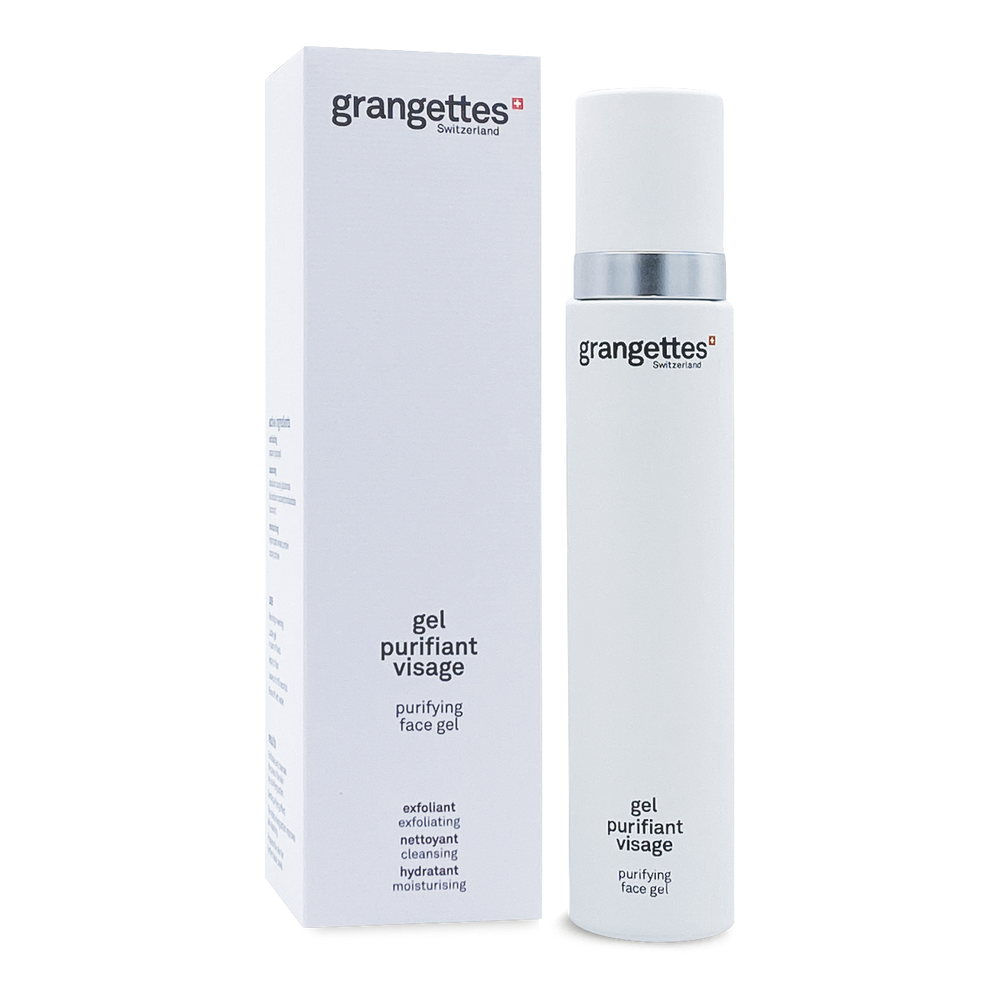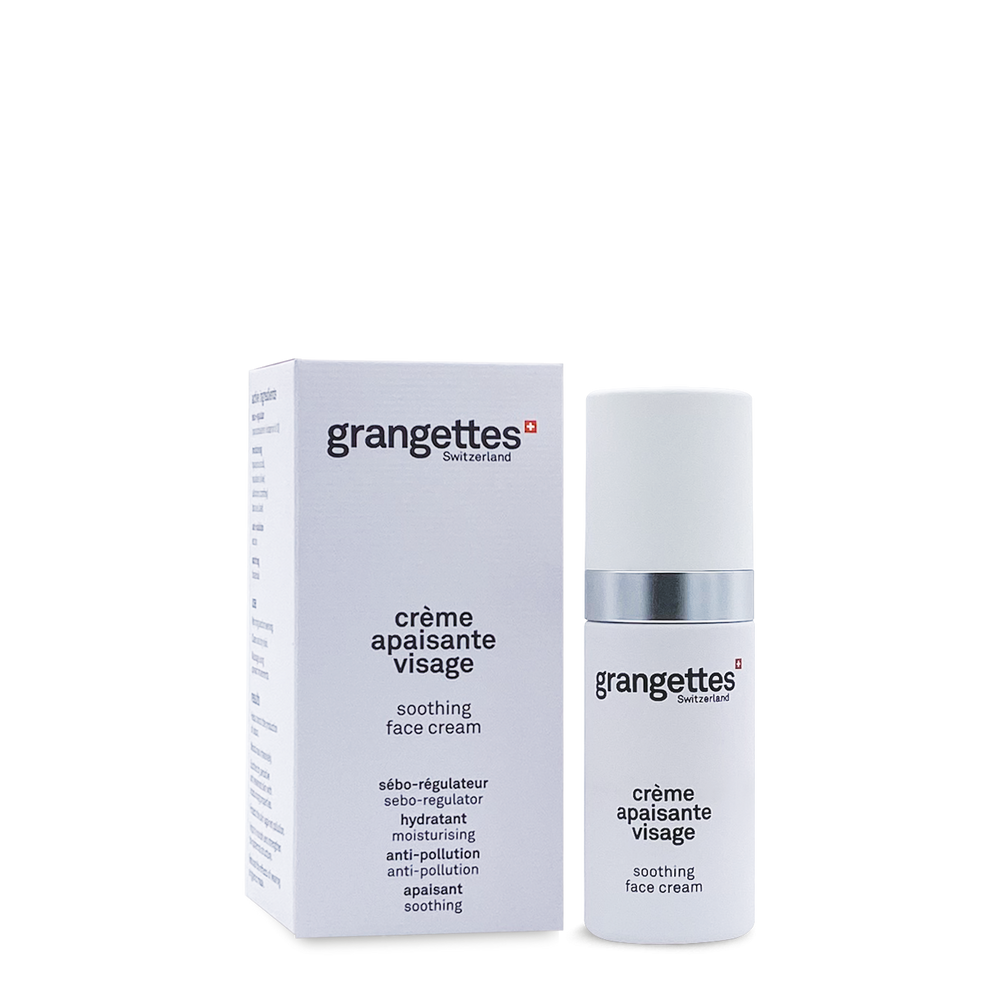What is a comedone?
A comedone is a skin lesion related to a disorder of sebum production. It forms when the skin's pores become clogged due to excess sebum, dead cells, dust, or makeup residue. This plug blocks the hair follicle and prevents sebum from flowing normally. There are two types of comedones...
Open comedone (blackhead)
This is the most well-known. The pore is dilated, the plug is exposed to air, which causes oxidation of the sebum. Result: the blackhead becomes visible on the skin's surface.
Closed comedone (whitehead)
In this case, the pore is clogged but remains closed. Sebum accumulates under the skin, forming a small white or flesh-colored bump. These points blancs are sometimes less visible, but they can easily develop into inflamed pimples if they become infected.
What are the causes of comedones?
The appearance of comedones can be favored by several factors...
Sebum overproduction
Sebum is a fatty substance naturally produced by the skin to protect and hydrate it. But in excess, it becomes problematic: it clogs pores, mixes with dead cells, and causes the formation of plugs.
Poor cell renewal
Dead cells that are not properly removed accumulate on the skin's surface. They can then clog pores, creating an ideal environment for comedones.
Use of comedogenic products
Some cosmetic products (too greasy creams, thick foundations, mineral oils) contain ingredients that clog pores. They should be avoided if you tend to develop comedones.
Lack of hygiene or an unsuitable routine
Not removing makeup at night, using overly harsh cleansers, or neglecting weekly exfoliation: all bad habits that promote the appearance of comedones.
Make sure to use a makeup remover lotion that cleanses, hydrates, and soothes your skin. It contains ingredients derived from coconut such as disodium cocoamphodiacetate and disodium cocoyl glutamate, which effectively remove makeup and impurities, leaving your skin perfectly fresh and clean!
- Regular price
- CHF 29.00
- Regular price
- Sale price
- CHF 29.00
- Unit price
- per
Hormones
The hormones play a key role in the skin. Hormonal surges during adolescence, menstruation, pregnancy, or stress can stimulate sebum production. This explains why comedones are common during these periods.
Diet
Excessive consumption of sugary products, dairy, or processed foods can also worsen skin problems in some people.
How to effectively eliminate comedones?
Getting rid of comedones requires a rigorous beauty routine, but also gentle on the skin. The goal: unclog pores without damaging the skin barrier.
Cleanse your skin morning and evening
Regular cleansing is the foundation of any anti-comedone routine.
-
Use a purifying gel or a gentle cleansing foam, suited to your skin type;
-
Avoid soaps that are too harsh, which can stimulate excess sebum production;
-
Cleanse after sports or exposure to pollution.
- Regular price
- CHF 36.00
- Regular price
- Sale price
- CHF 36.00
- Unit price
- per
Exfoliate regularly
Exfoliation removes dead cells that clog pores. Be careful with your skin type: if you have sensitive skin, mechanical scrubs (grainy) can be used once a week. If your skin tolerates them well, you can do it twice a week.
The right compromise? The Grangettes purifying gel, which contains papain, a very gentle exfoliant that you can use daily, whatever your skin type!
- Regular price
- CHF 36.00
- Regular price
- Sale price
- CHF 36.00
- Unit price
- per
Use targeted treatments
Some active ingredients are particularly effective against comedones:
-
niacinamide: it regulates sebum and soothes inflammations;
-
Zinc: it has anti-inflammatory properties, regulates sebum production, and has antibacterial properties;
-
Ectoine: this ingredient belongs to the amino acid family. It protects the skin barrier against external aggressions. Often used in cosmetics, it effectively reduces inflammatory symptoms of atopic dermatitis and psoriasis;
- The honey: it is ideal against comedones because it has natural antibacterial and anti-inflammatory properties that help gently purify the skin. It hydrates without clogging pores, making it suitable even for oily or sensitive skin.
Important rule: avoid overly scented cosmetics and ingredients like phenoxyethanol, parabens, silicones, PEGs, irritants, allergens, comedogenic ingredients, petroleum derivatives, endocrine disruptors, pollutants... Here, you can use cosmetic analysis apps, which are true pillars for choosing the best products and eliminating harmful, even toxic substances!

Use a moisturizing cream morning and evening
Even oily skin needs hydration! Ideally, use a light cream formulated not to clog pores. The Grangettes soothing cream is ideal: it meets the specific needs of the skin, such as sebum regulation, redness, dryness, and acne. Enriched with cyanocobalamin (vitamin B12), it balances sebum production for clear skin.
- Regular price
- CHF 35.00
- Regular price
- Sale price
- CHF 35.00
- Unit price
- per
Make homemade purifying masks
One or two masks per week can help unclog pores and cleanse the skin.
-
Green clay masks absorb excess sebum;
-
Activated charcoal masks remove impurities and tighten pores;
-
Tea tree masks gently purify.
Avoid popping comedones yourself
Squeezing comedones with fingers can worsen the situation by causing inflammation or infection. Cherry on top: it can also leave lasting scars.
Natural solutions as a complement
Natural remedies can help complement your skincare routine, especially for sensitive skin.
First of all, facial steam helps open pores before a mask or cleansing. Then, you can use thyme or rosemary infusions, which have antiseptic properties. Steep a bag, let it cool, then apply the bag directly on your comedones for about 15 minutes.
Rose water or lavender hydrosol are also great allies: these natural tonics are soothing and non-comedogenic.
Finally, tea tree essential oil can be applied locally, diluted in a vegetable oil (sweet almond oil for example) or a neutral cream.

Prevent the appearance of comedones: good habits
-
Remove makeup carefully every evening with Grangettes makeup remover lotion;
-
Change pillowcases once a week, as they accumulate sebum and bacteria;
-
Avoid touching your face with your hands, especially without washing them;
-
Use light and non-comedogenic makeup;
-
Adopt a balanced diet rich in omega 3, zinc, and low Glycemic Index foods, and drink enough water;
-
Do not multiply aggressive products, which can damage the skin in the long term.







